Wastewater Treatment System
Advanced Wastewater Treatment Systems & Solutions for organic chemical removal, preventing water pollution and supporting environmental strategies
Advanced Wastewater Treatment Systems & Solutions for organic chemical removal, preventing water pollution and supporting environmental strategies
Wastewater varies greatly dependent on the application it has been used for and therefore the wastewater management process must be carefully selected with the effluent quality in mind. Considerations must also be made for the expected water waste quality target following treatment.
For example, if onsite industrial wastewater treatment is required to pre-treat wastewater prior to directing it to the sewer, the choice of water technology may simply be one process. Our Nyex™ Ellenox is designed to manage a higher load of contamination and allows rapid removal of background pollutants – making this water compliant for directing to the sewer in many cases.
However, if a water treatment process is required to make wastewater suitable to discharge to a river or to reuse the water again within the manufacturing facility, a combination of technologies will be required. Advanced water systems like the Nyex™ Rosalox are deployed as the final tertiary step to achieve ‘water polishing’ prior to discharge or reuse.
Our tertiary wastewater treatment technologies raise the quality of the water to domestic and industrial standards, or to meet specific requirements around the safe discharge or reuse of industrial wastewater.
At Arvia Technology, we specialise in industrial tertiary and quaternary wastewater treatment, with our specialist solution targeting the hardest-to-treat contaminants to ensure regulations are met.
We work across a range of industries, including: life sciences, chemical,agrochemical and specialty. The Nyex™ systems can be used as a standalone treatment or be bolted on to an existing treatment train to provide more advanced, targeted treatment where required.
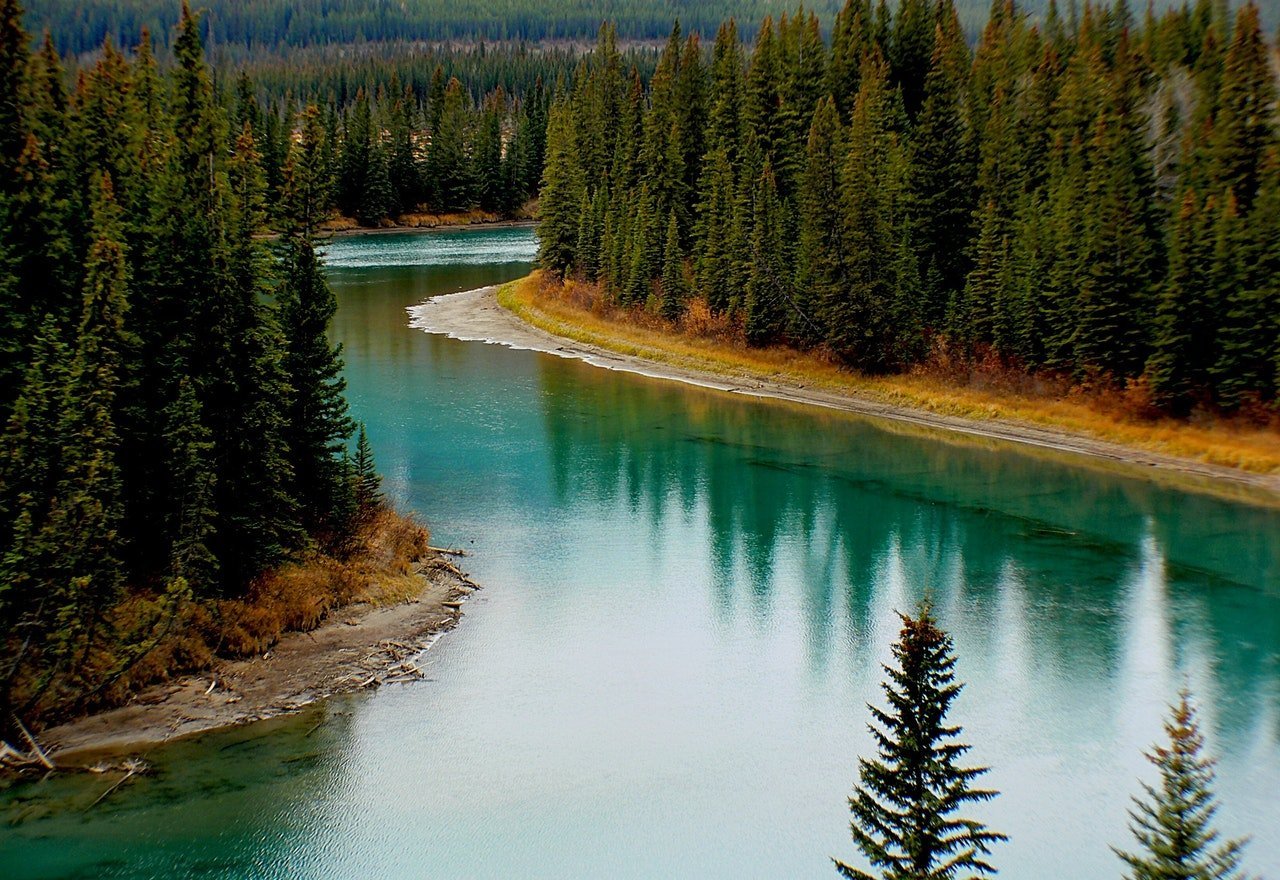
We design and manufacture two different water treatment technologies – the Nyex™ Rosalox and Nyex™ Ellenox. The systems are intended for different types of pollution and levels of contamination. Both processes aim to prevent water pollution and protect our finite water sources.
Both Nyex™ processes remove organic chemicals from drinking water and wastewater, including pharmaceuticals, industrial chemicals, pesticides, dyes and ingredients for personal care products.
For information on specific pollutants we have treated, visit our pollution pages.
The flow rate that our Nyex™ water treatment systems manage depends on contamination levels. They can be connected in parallel to suit the flow rate required. For higher flow rates, Nyex™ wastewater treatment reactors can also be submerged into large treatment tanks or basins like ‘cartridges’ to form the tertiary stage of the water treatment plant.
Typically, the Nyex™ Ellenox process manages from a few thousand mg/L COD (chemical oxygen demand), down to a few hundred. This can therefore be suitable as a pre-treatment step for the Nyex™ Rosalox process. Or it can be used to make wastewater suitable for sewer discharge to avoid trade effluent charges.
The Nyex™ Rosalox process manages from a few hundred mg/L down to below 30 mg/L COD. This makes it suitable for discharge to the sewer in countries like China which have extremely strict wastewater quality limits, or suitable for reuse in some cases.
Our trade effluent services involve analysing your effluent and providing a suitable wastewater treatment process to reach the trade effluent limits stipulated by your utility provider.
An onsite water treatment process like Nyex™ is an ideal alternative to collecting wastewater and trucking this offsite for specialist treatment or incineration. Onsite water treatment not only has lower ongoing operational costs, it also lowers your company’s environmental impact and gives you full control over treatment to ensure fines and negative press are avoided.
For information on the types of effluent we can treat, visit our industry pages.
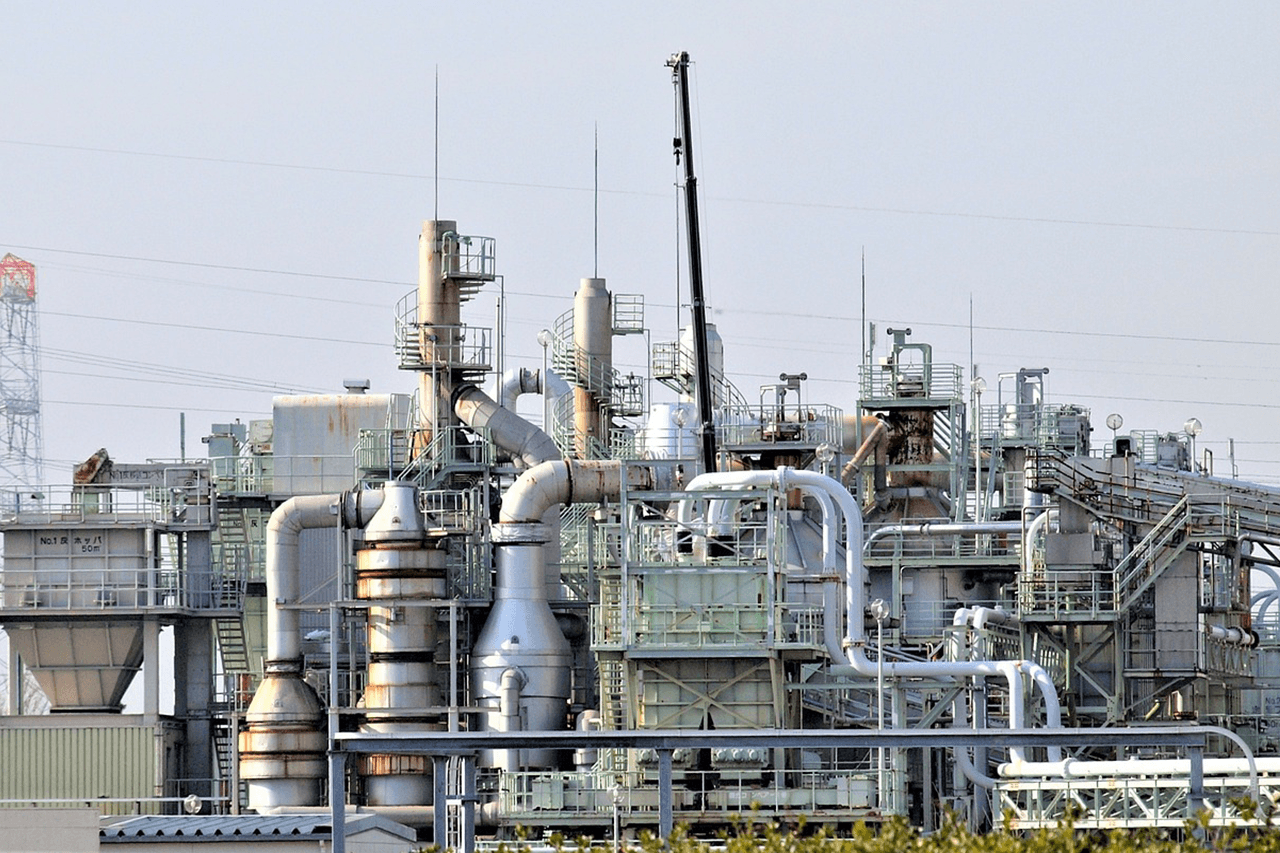
Industrial wastewater from chemical, petrochemical or personal care product manufacturing must be managed with care using the appropriate industrial wastewater treatment process. We are able to analyse your wastewater and provide recommendations for the most suitable and cost-effective industrial waste water treatment processes to meet your treatment needs.

Wastewater solutions for life sciences wastewater must be capable of removing organic chemicals, like Triton X-100 (an industrial solvent used as an ingredient and for cleaning), as well as antibiotic residues in order to prevent the spread of antimicrobial resistance (AMR).
Nyex™ has been applied to provide life sciences wastewater treatment in the UK, Europe and Asia.
Read more about how we treat life sciences wastewater here.
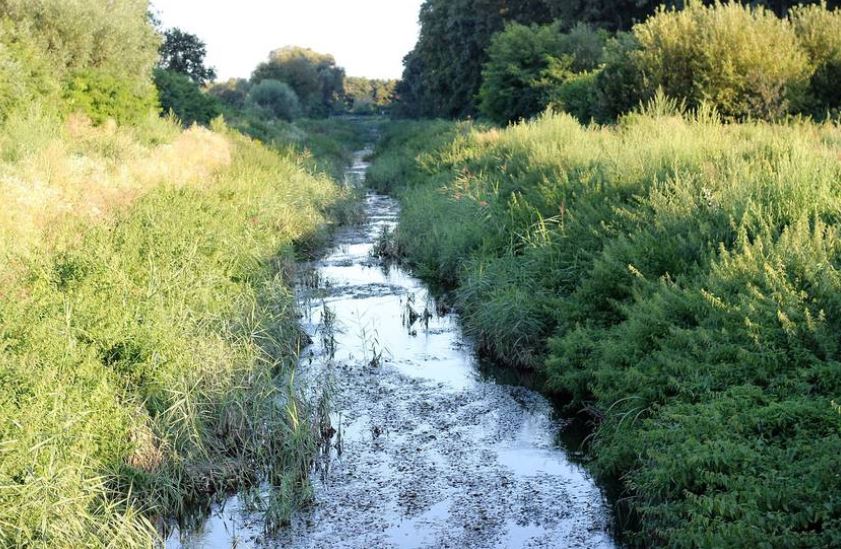
Agricultural wastewater refers to effluent from a pesticide manufacturing facility, as well as run-off from land containing pesticides used to treat crops.
An agricultural wastewater treatment plant must be efficient in treating low levels of contamination. The Nyex™ Rosalox process localises the pollutants onto the surface of a patented adsorbent media. A low electrical current is applied to the media bed which oxidises the pollutants, leaving the clean water to flow from the system.

Wastewater treatment for textile industry is required for various reasons including removing pesticides from land run-off from growing natural resources like cotton. This is the responsibility of the local utility to remove from water abstracted for drinking purposes prior to distributing it to households – inevitably increasing prices for domestic water users.
Dying clothes involves strong chemical dyes which if left in effluent can cause severe damage to natural ecosystems. These must be removed onsite by the manufacturing facility or require management by the local utility.
Wastewater solutions for pesticides, dyes and chemicals provide environmental protection and prevent textiles manufacturers from receiving fines.
To read about how we treat wastewater from the textile industry, visit here.
On an industrial site, Nyex™ Rosalox is an ideal wastewater treatment combination for many other treatment processes, such as biological, both up and downstream.
Placing Nyex™ Rosalox as a biological pre-treatment protects the biology from damage by removing chemicals like phenol from wastewater, which inhibit the biology’s efficiency.
When placed downstream, Nyex™ Rosalox increases contamination removal, providing a more advanced treatment envelope of down to below 30mg/L COD.
The Nyex™ water treatment process has also been proven as a reverse osmosis pre-treatment, in order to prolong the life of the RO membranes – which are very disruptive to clean and expensive to replace. Nyex™ also treats the RO reject stream, making this concentrated effluent compliant for discharge to the sewer as trade effluent.
We supply industrial water equipment to industrial manufacturers for onsite wastewater management to help companies meet their trade effluent requirements. We also provide advanced water technologies for use on a municipal effluent treatment plant to remove residues of pharmaceuticals, pesticides and personal care products.
Wastewater treatment by our Nyex™ water technology localises the pollutants within the effluent onto the surface of a patented adsorption media. A low electrical current is applied to the media bed which oxidises the pollutant (electrochemical oxidation), renewing the media and leaving the clean water to flow from the system.
To find out more about our treatment processes, visit here.
Industrial water treatment requires careful effluent water analysis to determine the most effective solution to meet individual water treatment targets. Wastewater is analysed at our in-house laboratory for this purpose.
To find out more about which pollutants we have treated, contact us.
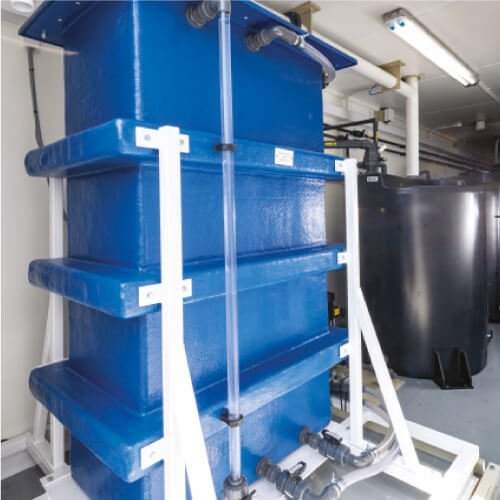
There are several options when it comes to industrial wastewater management or wastewater disposal. A common choice is requesting the local utility’s consent to discharge under a trade effluent agreement. In this case, the facility must pay a premium for their trade effluent services and the effluent is managed by the municipal wastewater treatment plant (WWTP).
In some instances, wastewater is managed offsite using a wastewater treatment service. This can be down to the nature of the effluent as in some cases advanced water technologies are required to treat the effluent. But the ongoing charge of trucking water offsite is expensive and is damaging to the environment.
The environmental impacts of industrial wastewater pollution are severe and worsening as populations grow and the demand on water resources becomes greater.
Not only does water pollution damage aquatic ecosystems, contamination of our waterways limits the amount of safe water we have available for drinking purposes.
Allowing inadequately treated wastewater to flow into waterways means that harmful chemicals are mixing, causing untold reactions which then require remedies of water pollution once this is abstracted for use again.
Wastewater treatment onsite at an industrial facility stops the issue at the source, preventing the effects of environmental pollution from developing. A further step many companies are now taking is to perform wastewater recycling onsite, which results in a fully closed loop Zero Liquid Discharge (ZLD) facility.
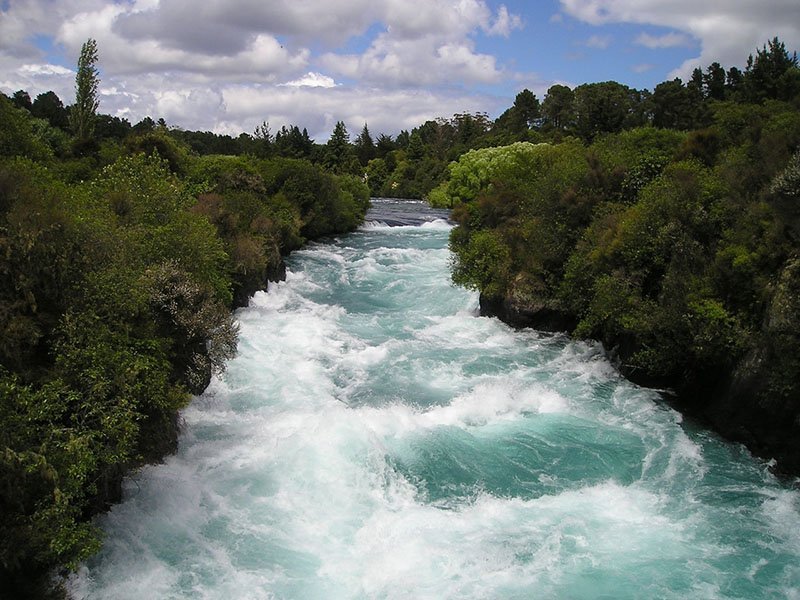
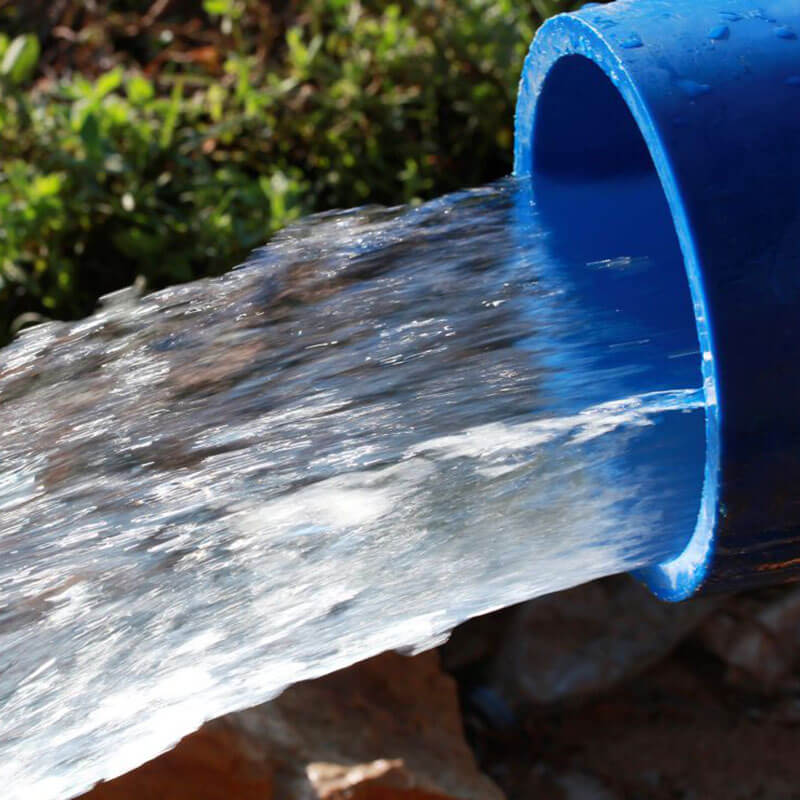
Applying a wastewater treatment process to treat a side stream of effluent for use to flush toilets or irrigate land onsite would provide a major contribution to water conservation.
Wastewater management involves the reduction of the overall COD (chemical oxygen demand) in water, as well as the removal of colour or specific contaminants in certain cases which are known to have adverse effects, such as volatile organic chemicals (VOCs).
Existing technologies such as activated carbon, Fentons and other AOPs either move the contamination out of the water but do not destroy it, or destroy it using water treatment chemicals, which come with their own harmful environmental impacts.
The Nyex™ processes are considerate to the environment, provide water treatment for various organic chemicals and types of pollution, including colour. These advanced water technologies manage industrial wastewater with low maintenance, no requirement to apply for consent to discharge to the sewer and also enable the recycling of industrial wastewater.